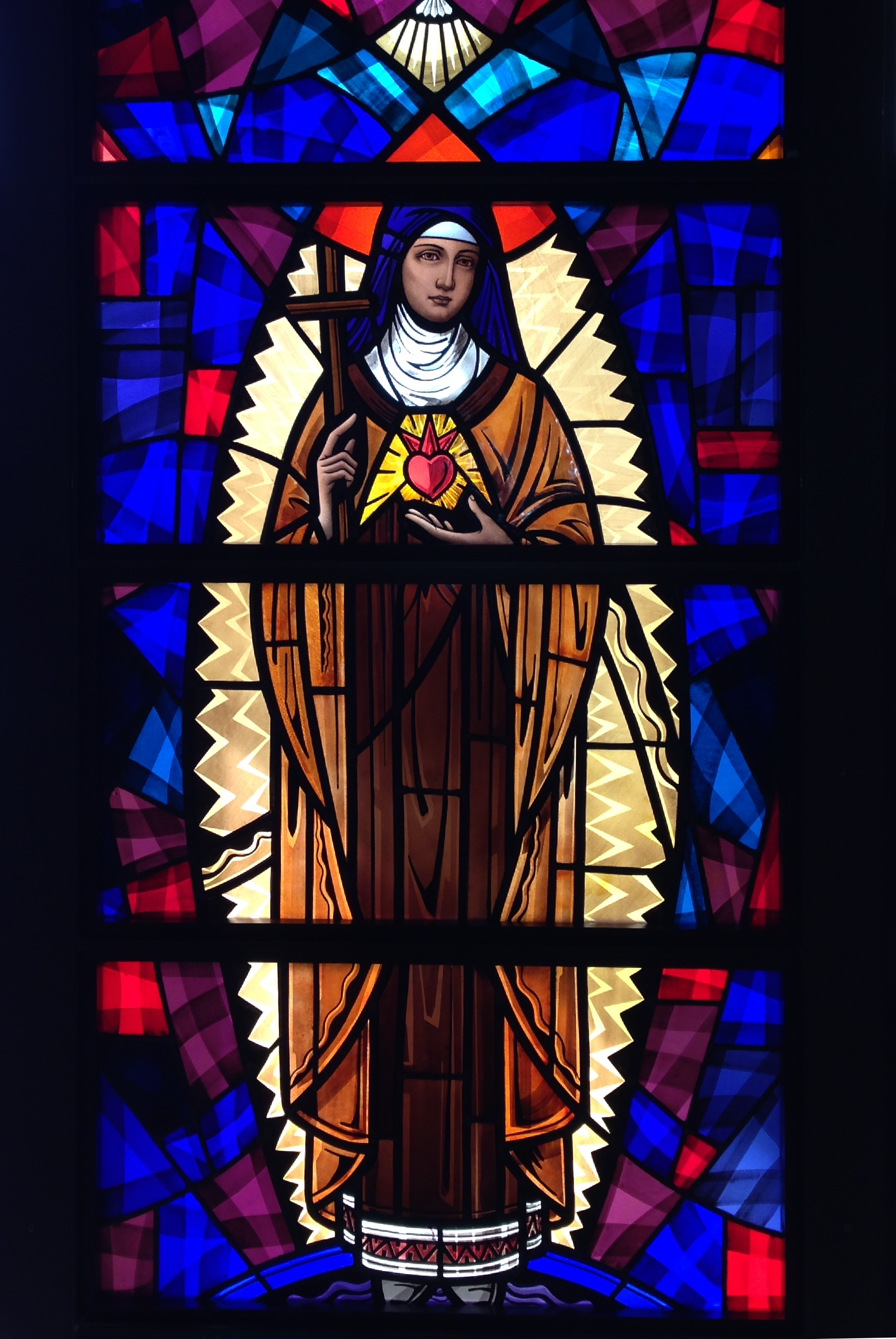Message from Father Chris to the Volunteers of our ParishA church could not thrive without the assistance of its volunteers. On this feast of our Patron, St. Teresa of Avila, I sincerely thank the men and women of our Parish who assist with our many services to keep our parish successful. I have never seen so many that rise to the occasion each week to make our services a spiritual place to pray, find comfort, and attend Mass. It would not happen without you. Thank you from my heart, and blessings to all who made it happen.
God Bless, Father Chris
St. Teresa of Avila ( St Teresa of Jesus) October 15th
St. Teresa of Jesus, honored by the Church as the "seraphic virgin," Virgo seraphica, and the Carmelite Order reformer ranks first among women for wisdom and learning. She is called doctrine Mystica, a doctor of mystical theology; in a report to Pope Paul V, the Roman Rota declared: "Teresa has been given to the Church by God as a teacher of the spiritual life. She has presented the mysteries of the inner mystical life which the holy Fathers propounded unsystematically and without orderly sequence with unparalleled clarity." Her writings are still the classic works of mysticism, and all later teachers have drawn from her, e.g., Francis de Sales and Alphonsus Liguori. The characteristic of her mysticism is the subjective-individualistic approach; there needs to be more integration with the liturgy and social piety; thus, she reflects the spirit of the sixteenth and following centuries.
Teresa was born in Avila, Spain, in the year 1515. At the age of seven, she set out for Africa to die for Christ but was brought back by her uncle. When she lost her mother at twelve, she implored Mary for her maternal protection. In 1533, she entered the Carmelite Order; for eighteen years, she suffered physical pain and spiritual dryness. Under divine inspiration and with Pope Pius IV's approval, she began reforming the Carmelite Order. Despite heavy opposition and constant difficulties, she founded thirty-two reformed convents.
Truly remarkable were the exterior and interior manifestations of her mystical union with God, especially during the last decade of her life. These graces reached a climax when her heart was transfixed (transverberatio cordis), an event commemorated in the Carmelite Order by a special feast on August 27. She practiced great devotion to the foster father of Jesus, whose cult was greatly furthered throughout the Church through her efforts. When dying, she often said, "Lord, I am a daughter of the Church!" Her holy body rests upon the high altar of the Carmelite church in Alba, Spain; her heart, with its mysterious wound, is preserved in a precious reliquary on the Epistle side of the altar.
St. Teresa composed the following well-known lines:
Let nothing affright thee, Nothing dismay thee.
All is passing; God ever remains. Patience obtains all.
Whoever possesses God Cannot lack anything; God alone suffices.
